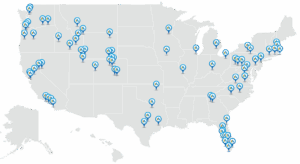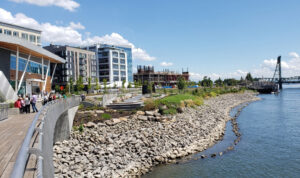Traffic and Transportation
Multi-faceted and comprehensive traffic and transportation solutions require a balanced, customized approach and a deep understanding of community impact.
With a team of highly experienced transportation engineers, Apex Companies effectively addresses a wide range of transportation challenges. Experts in studies, design, and asset management for public and private sector clients, Apex’s solutions respond to ever-changing demands and regulations while remaining focused on a holistic approach to projects and partnerships, supporting clients from project inception and funding to public outreach and construction. Whether the intent is to optimize traffic flow through a heavily travelled urban network, to calm cut-through traffic on a local residential roadway, to provide improvements in a historic town center, or to ensure pedestrian and cyclist safety, Apex remains sensitive to the character of the location in identifying multi-faceted solutions that work for all modes of transportation.
Services Offered
Complete Streets initiatives and multi-modal improvements promote safe, comfortable, and accessible accommodations for all users, fostering livable communities that thrive.
At the forefront of Complete Streets treatments and funding opportunities, Apex has worked to improve communities throughout New England including supporting MassDOT Complete Streets funding processes and identifying the appropriate treatments for each condition and setting. Apex assists municipal clients through each Tier of the Complete Streets Funding process, in most cases resulting in awarded construction funds. Thorough Prioritization Plans prepared by Apex have not only proven to be effective for funding purposes but also as a planning tool for the municipality in addressing gaps in accommodations and identifying effective safety improvements. Apex’s design of Complete Streets treatments is focused on balance and stresses a high level of collaboration, which has proven to open communications between departments and boards within municipalities and with the public, allowing for the implementation of a cohesive plan that satisfies all stakeholders.

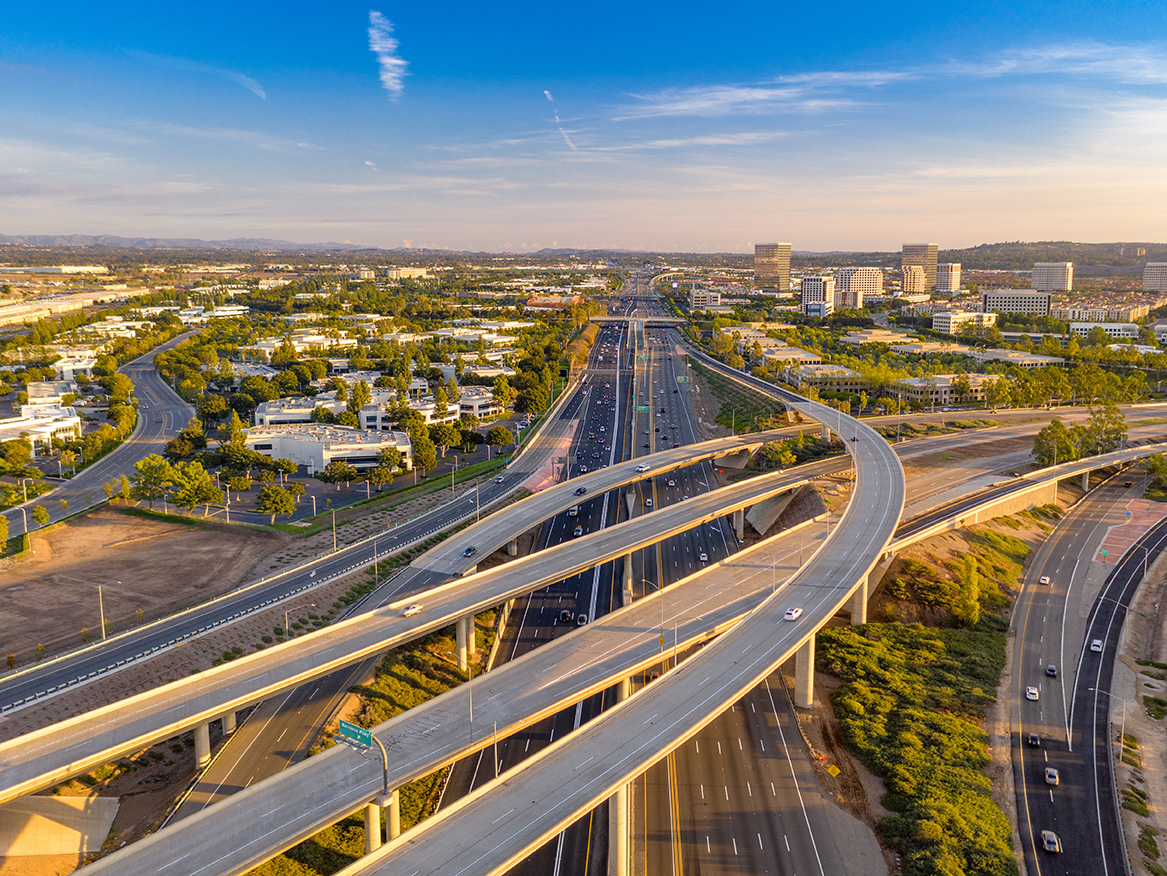
While ridership of roadway corridors frequently focus on the commuting public and optimized operations, it is essential that the needs of those who live in the community also be addressed with the appropriate balance of multi-modal accommodations to ensure a design that will benefit the community for years to come.
Apex recognizes that all successful transportation projects are based on a comprehensive understanding of existing conditions, partnership with municipal boards and the public, and tried and true engineering practices; and that great transportation projects require creativity and out-of-the-box thinking. Since the setting and objectives of each project are unique, Apex works with each community to identifying innovative improvements for the subject corridor, utilizing the latest in transportation treatments and technology. It is only after thorough public outreach and education as well as interviews with local officials that preferred treatments are selected based on their benefits and the level of comfort for the traveling public.
Highway Engineering is a balance of providing safe and efficient accommodations for all modes of transportation while remaining sensitive to or enhancing the setting, minimizing impacts to the abutters, addressing drainage deficiencies, and limiting environmental ramifications.
Keeping balanced multi-modal transportation improvements and design at the forefront, Apex focuses on improving accommodations and enhancing the surrounding community while minimizing impacts to abutters, utilities, and environmentally sensitive areas. In most projects in this region, several site constraints must be worked around in order to achieve the task at hand. It requires the experience and knowhow to recognize appropriate design requirements for the project at hand, something that Apex is proud to showcase. In an industry of ever-changing requirements and guidelines, Apex also places high importance on staying up-to-date with requirements and best practices.
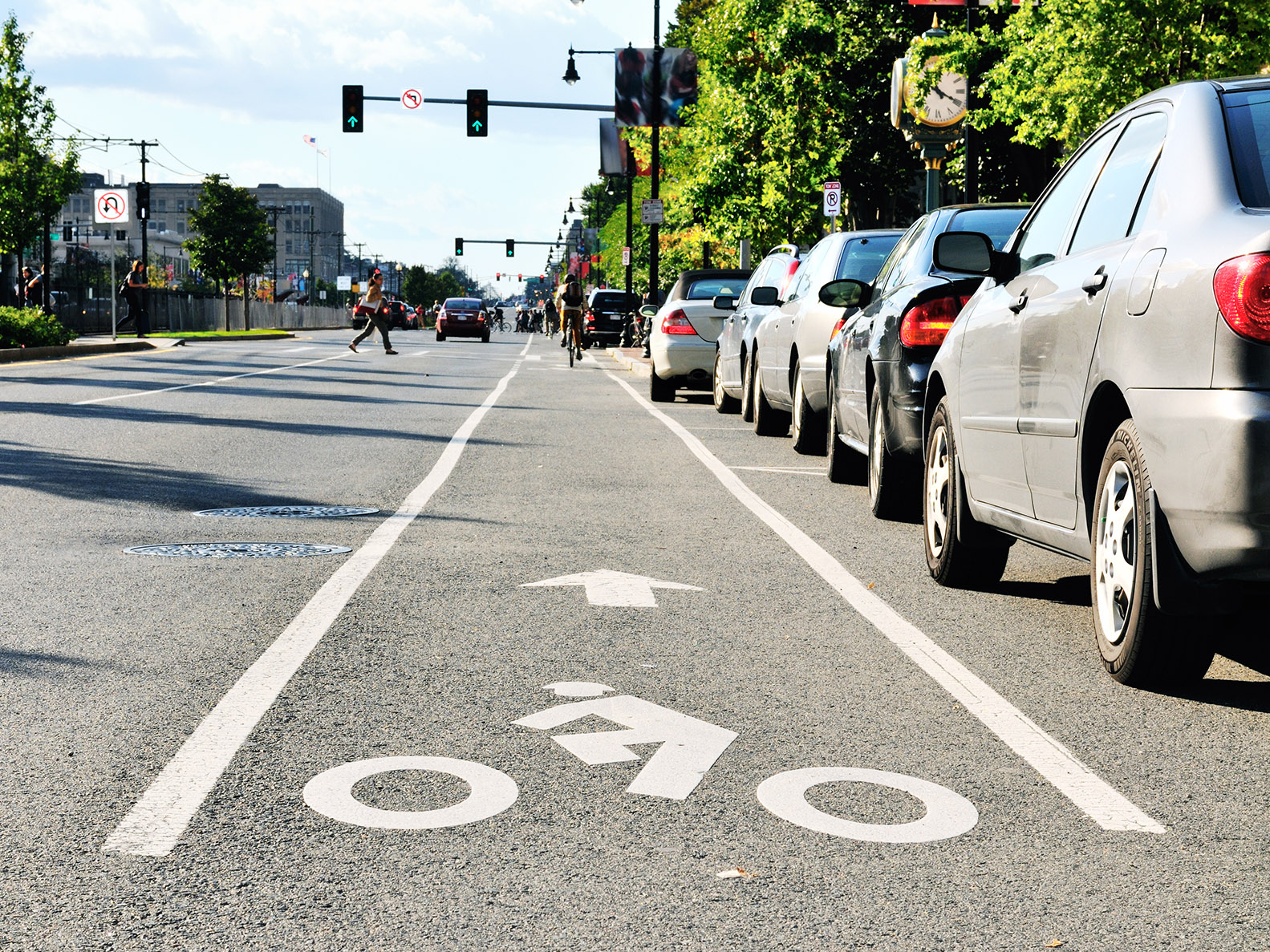
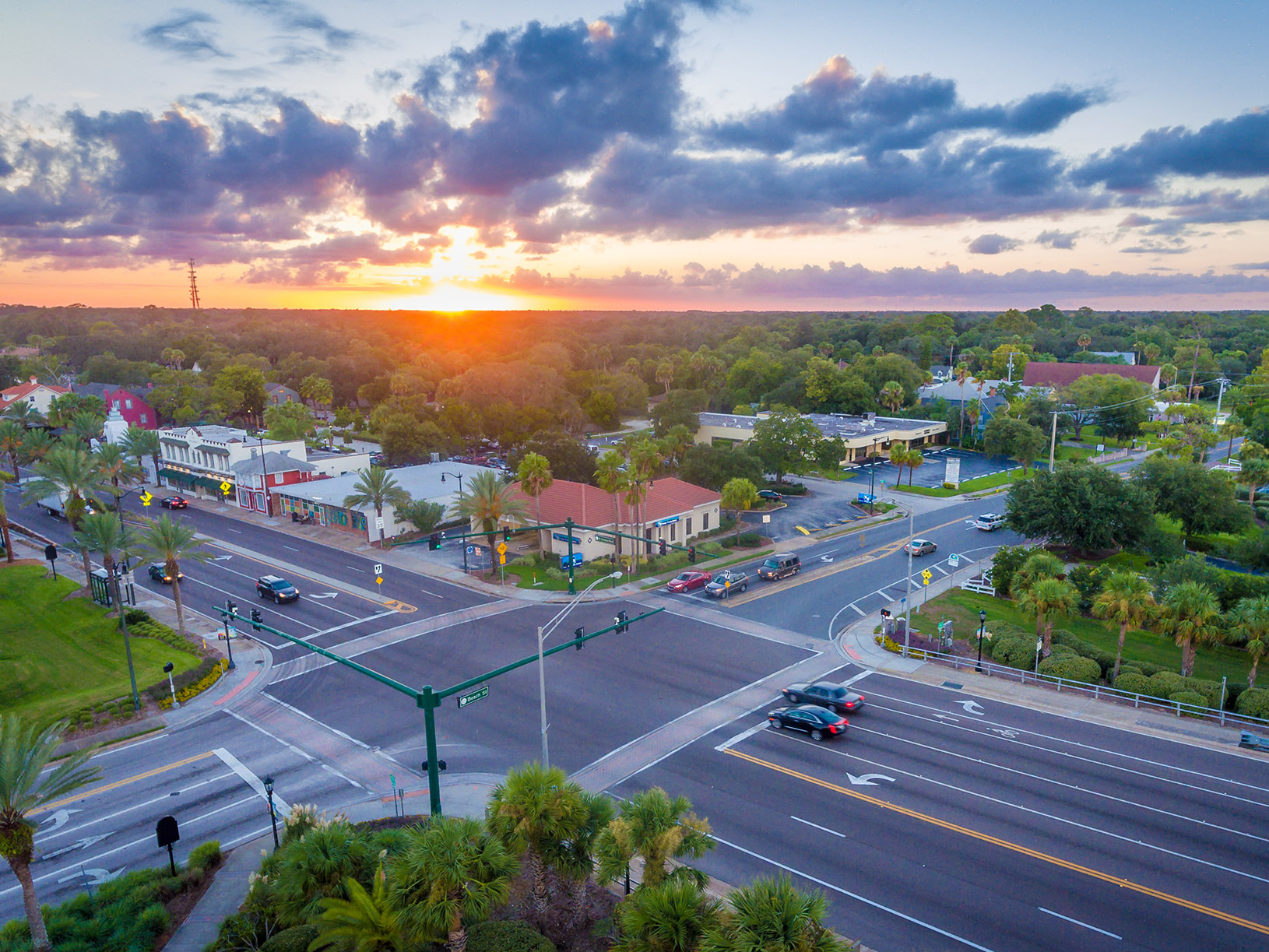
Adapting existing intersections to accommodate current vehicular demand, promote motorist safety and appropriate travel speeds, and improve conditions for pedestrians, bicyclists, and transit are essential for any successful transportation network.
Intersections play a critical role frequently as the source of congestion along corridors and where pedestrians and bicyclists are most exposed. Trends in crashes can often be associated with driver frustration, drawing a direct connection between delay and safety. As part of a wide variety of services and projects including on-call services and reconstruction of major roadways, Apex has a long history of successfully providing intersection improvement design and incorporating Complete Streets initiatives into even the most congested of locations with limited right of way, grading challenges, and environmental constraints. Thorough evaluations and customized solutions, coupled with in-depth public outreach allows Apex to provide each client a holistic approach and outcome, reflecting their community’s unique set of objectives.
At intersections where reducing travel speeds is an objective, roundabouts are effective treatments to alter driver behavior, process traffic, and create highly visible aesthetic improvements to the community.
Recognizing there is a time and a place for each treatment, Apex assists municipalities to identify their options for each and every location, providing guidance and education along the way. For many communities, roundabouts are a traffic calming device that can efficiently process traffic and create gateway opportunities. Apex’s team invests in each community and walks through impacts and benefits with perception statistics, ensuring that the right fit, optimum solution, and best decision is made for the community.
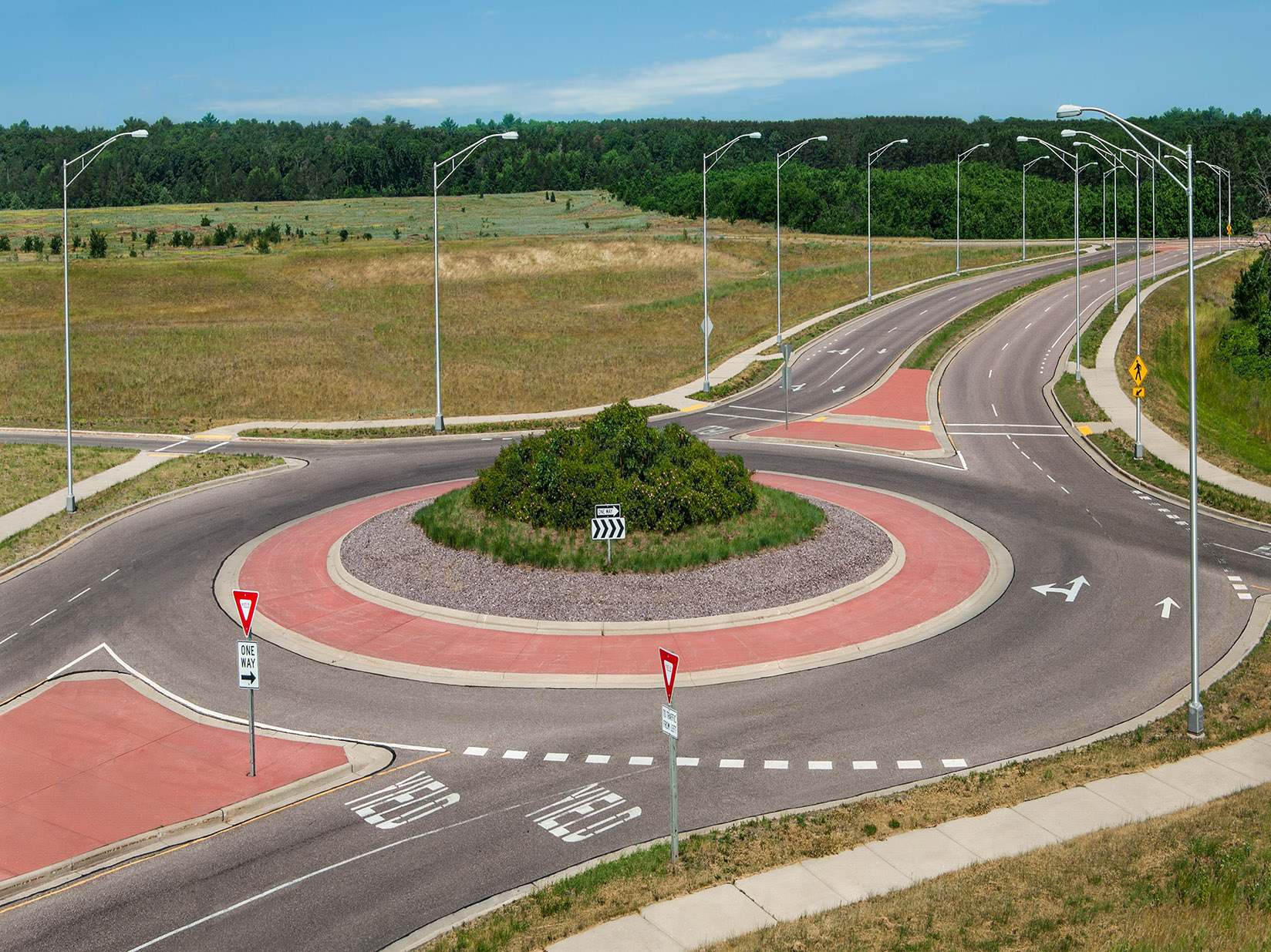
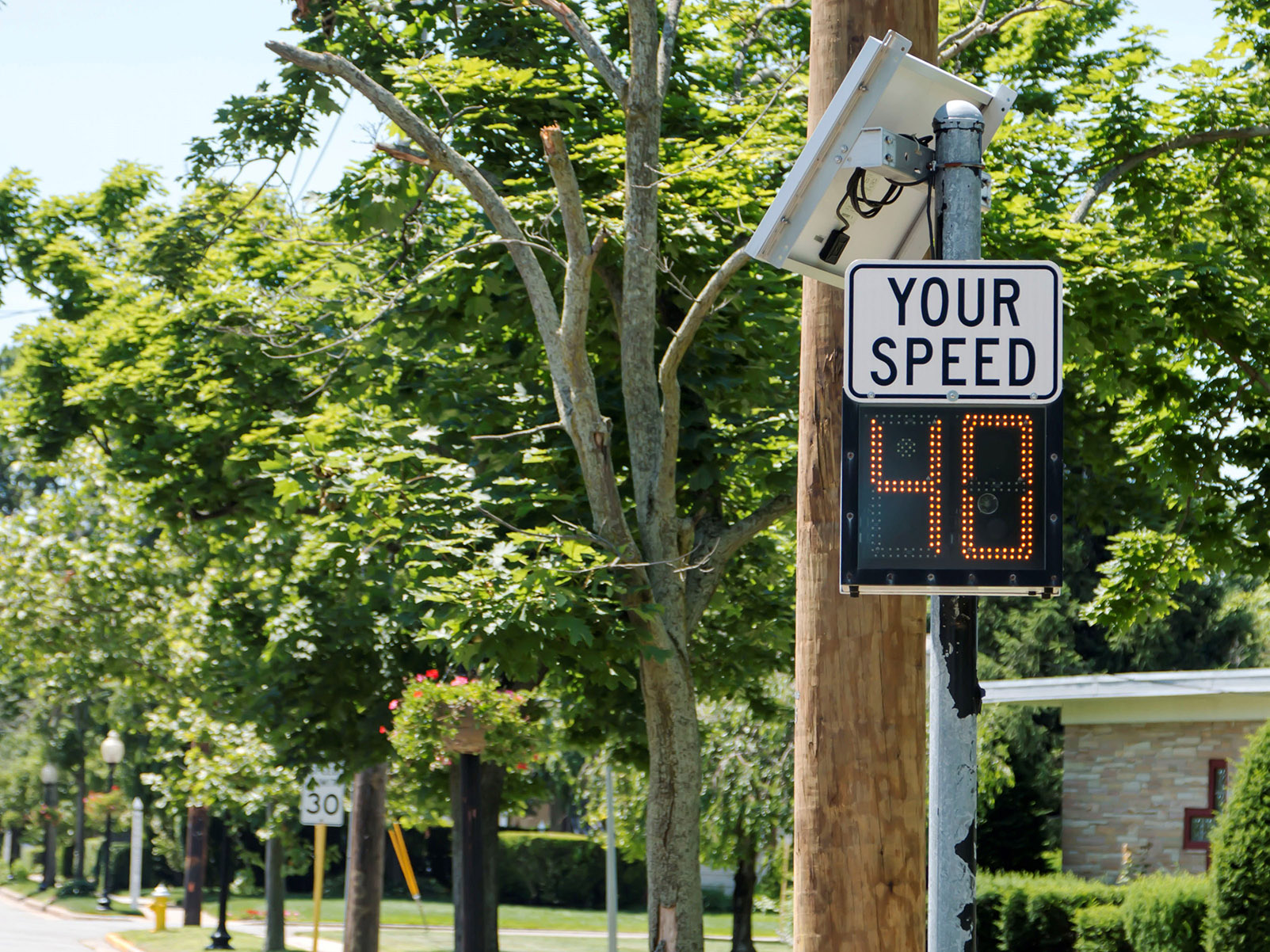
With increases in pedestrian and bicycle traffic being experienced along most transportation networks, it is imperative that motorists travel at appropriate travel speeds to ensure safe passage for all users.
Comprehensive traffic and transportation design provides balanced multi-modal accommodations that promotes safe travel by all users while maintaining operations. While slower travel speeds by motorists typically provide safer accommodations for pedestrians and bicyclists, it is imperative that the right balance of traffic calming be achieved in order to keep the right traffic on the right roadways, and discourage motorists from seeking alternate routes through residential neighborhoods. Apex provides traffic calming assessments and strategies to communities for each unique condition, recognizing the importance of developing deep relationships with, and a deep understanding of each community. Whether treatments include roundabouts, raised tables, median islands, bump-outs, chicanes, or pavement treatments or markings, Apex takes a customized approach in identifying the appropriate degree of traffic calming required for each location.
All great transportation projects begin with a comprehensive evaluation of traffic and safety in order to create a design that will effectively accommodate multi-modal needs for years to come.
Whether an intersection project, a corridor study, or a roadway grid, Apex has a team accustomed to performing a full spectrum of multi-faceted evaluations of traffic and safety focused on supporting communities and ensuring they are provided with optimal solutions. Researched historic and projected data and reports from a variety of sources are utilized for analyses and are a key component to Apex’s holistic solutions. Having in-depth experience on both sides of development projects, Apex’s staff is able to prepare Traffic Impact and Access studies, design mitigation on behalf of developers, and perform peer reviews on behalf of municipalities, leading to Apex being a Traffic Peer Reviewer for various municipalities and municipal boards.


Traffic signals are a vital aspect of safe and efficient travel along many transportation networks for pedestrians, bicyclists, transit, and motorists.
Apex assists communities in identifying appropriate locations where traffic signals are the optimal solution given site-specific needs and designing the appropriate signal application. Whether an isolated traffic signal or several intersections as part of a coordinated system, Apex has designed a wide variety of locations and settings that optimize operations, reduce queues, and provide safe access for all users including alternative traffic signal installations such as Rectangular Rapid Flash Beacons (RRFBs) and Hybrid (HAWK) signals. Supporting municipalities as they face the need to address aging infrastructure with limited funds, Apex also assists communities in proposing retrofitted updated traffic signal equipment to extend the life of existing signal installations.

